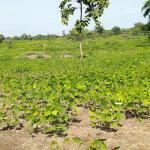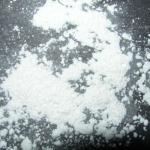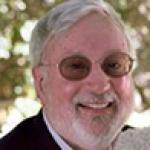By Christopher J.
Policy & Ethics
Johnson & Johnson has announced that it will stop selling talcum baby powder in the United States and Canada. Why?
A few years ago, I gave a talk at the University of Lausanne in Switzerland titled "Science Communication in an Age of Fake News." The focus of the talk was on revealing the high prevalence of junk science, particularly in the media, and ways in w
The mayor of Los Angeles has said that his city will "never be completely open until we have a cure" for the coronavirus.
Several years ago, when I first became a science communicator, I was giving a talk in Seattle about GMOs.
We grew up in an era when the mainstream media reported the news straightforwardly, but now much of it is bought and paid for.
As cities and states across America slowly reopen for business, our leaders claim to be "following the science" as they lift restrictions.
The novel coronavirus, officially dubbed SARS-CoV-2, and the disease it causes (COVID-19) have continued to surprise all of us. And the surprises have been uniformly negative.
This article was originally published at Geopolitical Futures. The original is here.












